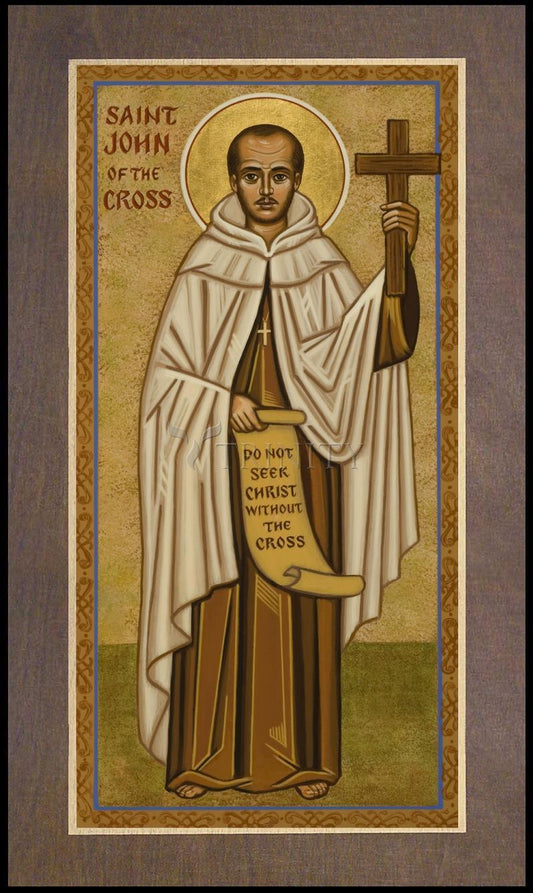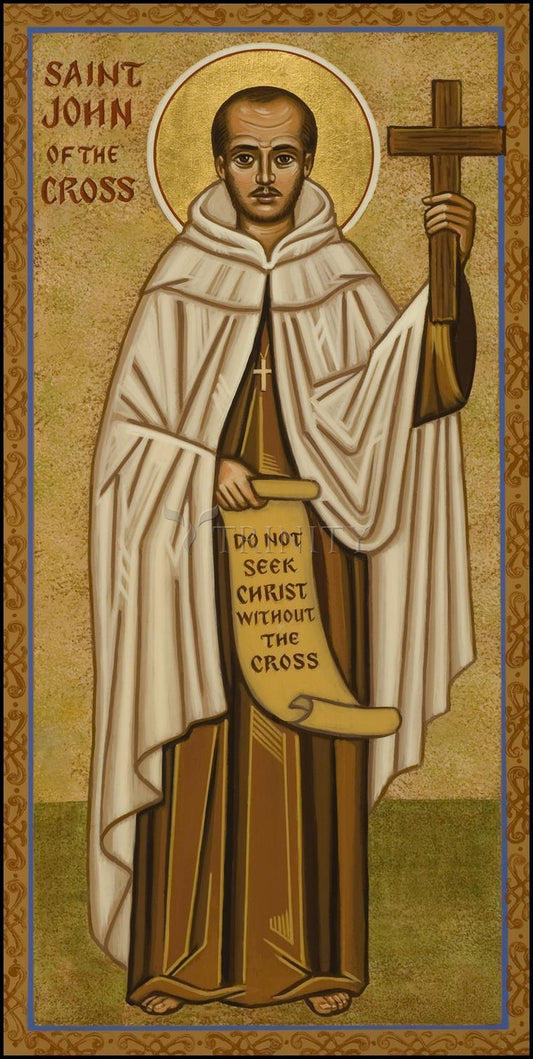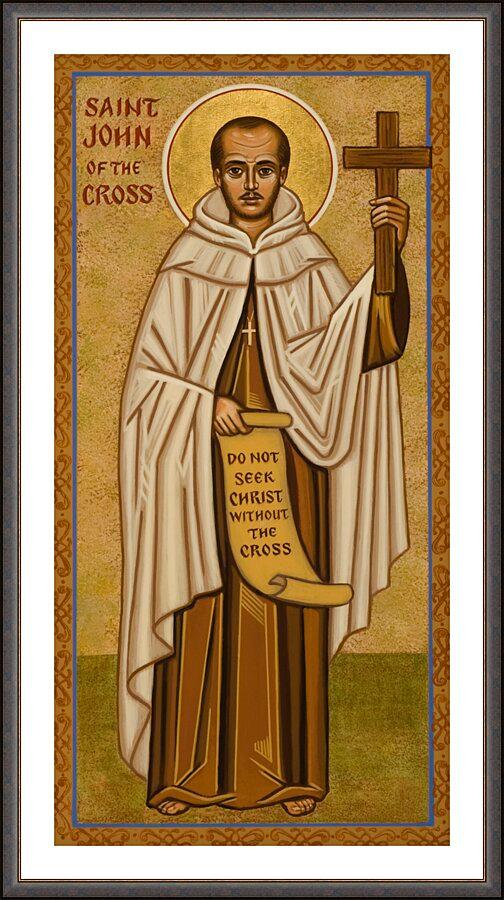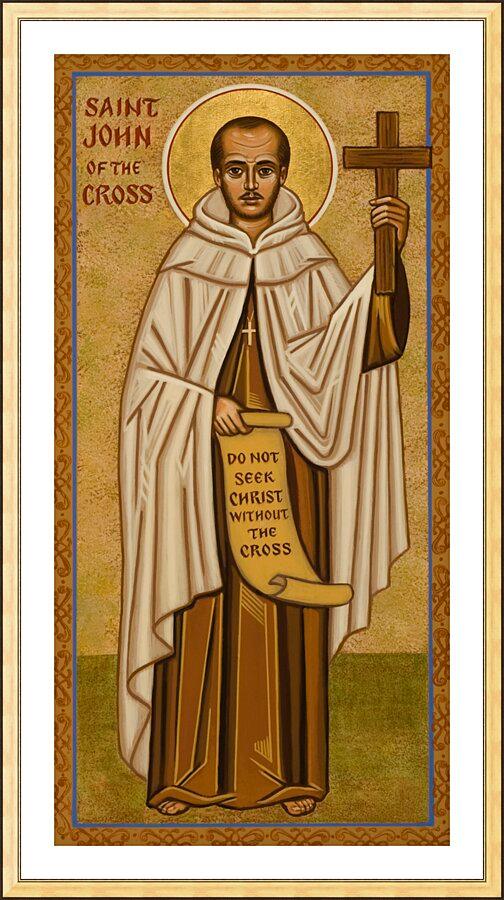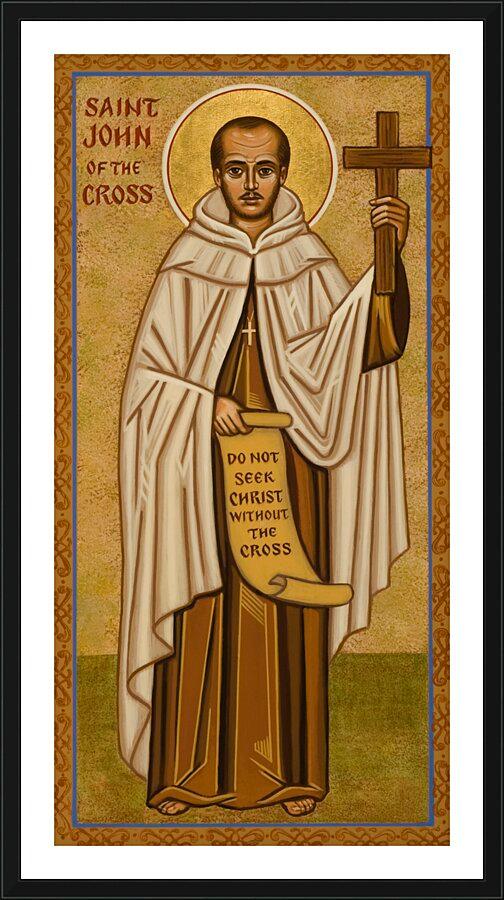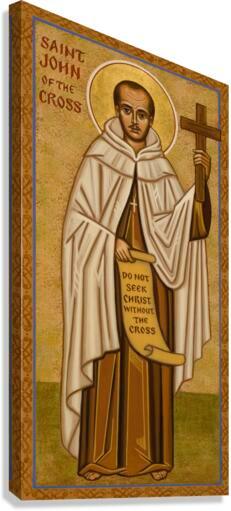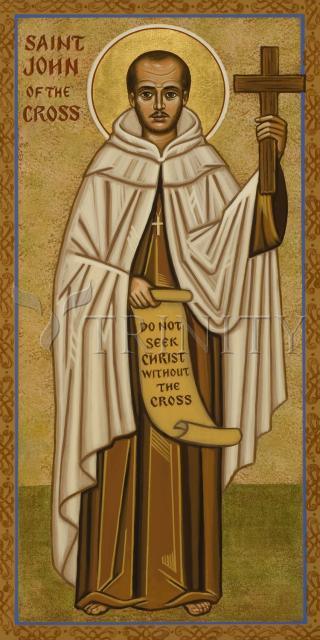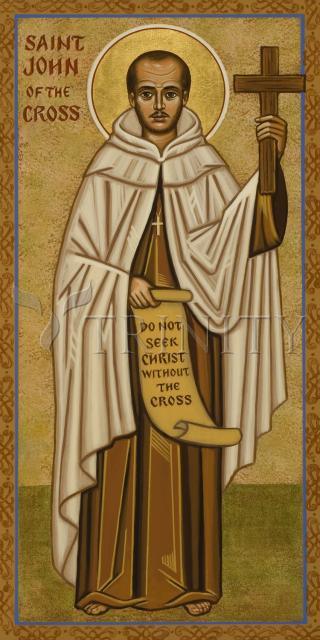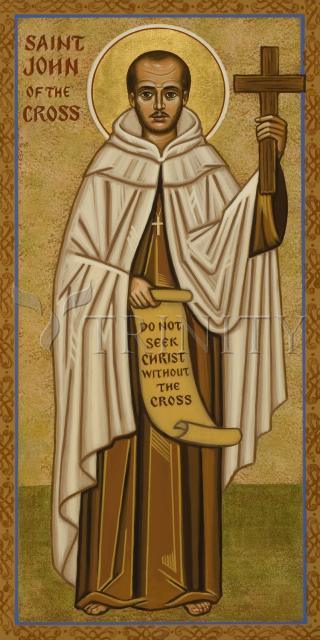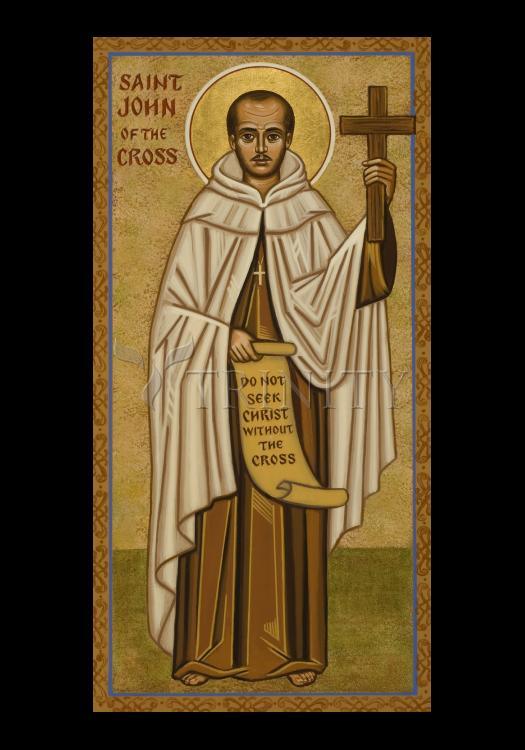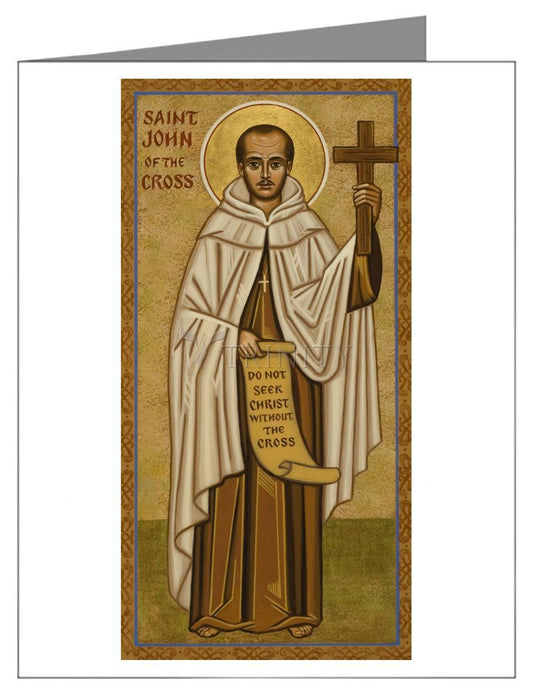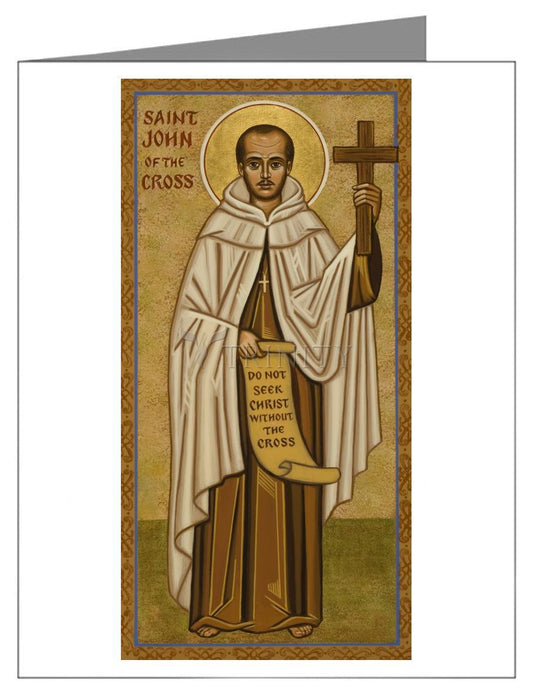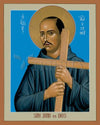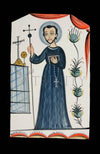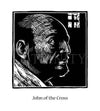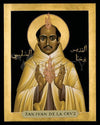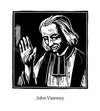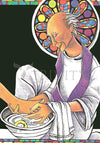Collection: St. John of the Cross

-
Sale
Wood Plaque Premium
Regular price From $99.95 USDRegular priceUnit price per$111.06 USDSale price From $99.95 USDSale -
Sale
Wood Plaque
Regular price From $39.95 USDRegular priceUnit price per$44.39 USDSale price From $39.95 USDSale -
Sale
Wall Frame Espresso
Regular price From $169.95 USDRegular priceUnit price per$188.83 USDSale price From $169.95 USDSale -
Sale
Wall Frame Gold
Regular price From $169.95 USDRegular priceUnit price per$188.83 USDSale price From $169.95 USDSale -
Sale
Wall Frame Black
Regular price From $169.95 USDRegular priceUnit price per$188.83 USDSale price From $169.95 USDSale -
Sale
Canvas Print
Regular price From $94.95 USDRegular priceUnit price per$105.50 USDSale price From $94.95 USDSale -
Sale
Metal Print
Regular price From $124.95 USDRegular priceUnit price per$138.83 USDSale price From $124.95 USDSale -
Sale
Acrylic Print
Regular price From $124.95 USDRegular priceUnit price per$138.83 USDSale price From $124.95 USDSale -
Sale
Giclée Print
Regular price From $19.95 USDRegular priceUnit price per$22.17 USDSale price From $19.95 USDSale -
Custom Text Note Card
Regular price From $300.00 USDRegular priceUnit price per$333.33 USDSale price From $300.00 USDSale
ARTIST: Joan Cole
ARTWORK NARRATIVE:
Almighty Father, you endowed John of the Cross with a spirit of self-denial and a love of the Cross. By following his example, may we come to the eternal vision of your glory.
We ask this through our Lord Jesus Christ, Your Son, who lives and reigns with You and the Holy Spirit, one God, for ever and ever. Amen.
His feast day is December 14.
- Art Collection:
-
Saints And Angels,
-
Holy Ethnic Images
- Patronage:
-
Spanish Poets,
-
Mystics,
-
Contemplative Life
John is a saint because his life was a heroic effort to live up to his name: “of the Cross." The folly of the cross came to full realization in time. “Whoever wishes to come after me must deny himself, take up his cross, and follow me" (Mark 8:34b) is the story of John's life. The Paschal Mystery—through death to life—strongly marks John as reformer, mystic-poet, and theologian-priest.
Ordained a Carmelite priest in 1567 at age 25, John met Teresa of Avila and like her, vowed himself to the primitive Rule of the Carmelites. As partner with Teresa and in his own right, John engaged in the work of reform, and came to experience the price of reform: increasing opposition, misunderstanding, persecution, imprisonment. He came to know the cross acutely—to experience the dying of Jesus—as he sat month after month in his dark, damp, narrow cell with only his God.
Yet, the paradox! In this dying of imprisonment John came to life, uttering poetry. In the darkness of the dungeon, John's spirit came into the Light. There are many mystics, many poets; John is unique as mystic-poet, expressing in his prison-cross the ecstasy of mystical union with God in the Spiritual Canticle.
But as agony leads to ecstasy, so John had his Ascent to Mt. Carmel, as he named it in his prose masterpiece. As man-Christian-Carmelite, he experienced in himself this purifying ascent; as spiritual director, he sensed it in others; as psychologist-theologian, he described and analyzed it in his prose writings. His prose works are outstanding in underscoring the cost of discipleship, the path of union with God: rigorous discipline, abandonment, purification. Uniquely and strongly John underlines the gospel paradox: The cross leads to resurrection, agony to ecstasy, darkness to light, abandonment to possession, denial to self to union with God. If you want to save your life, you must lose it. John is truly “of the Cross." He died at 49—a life short, but full.

